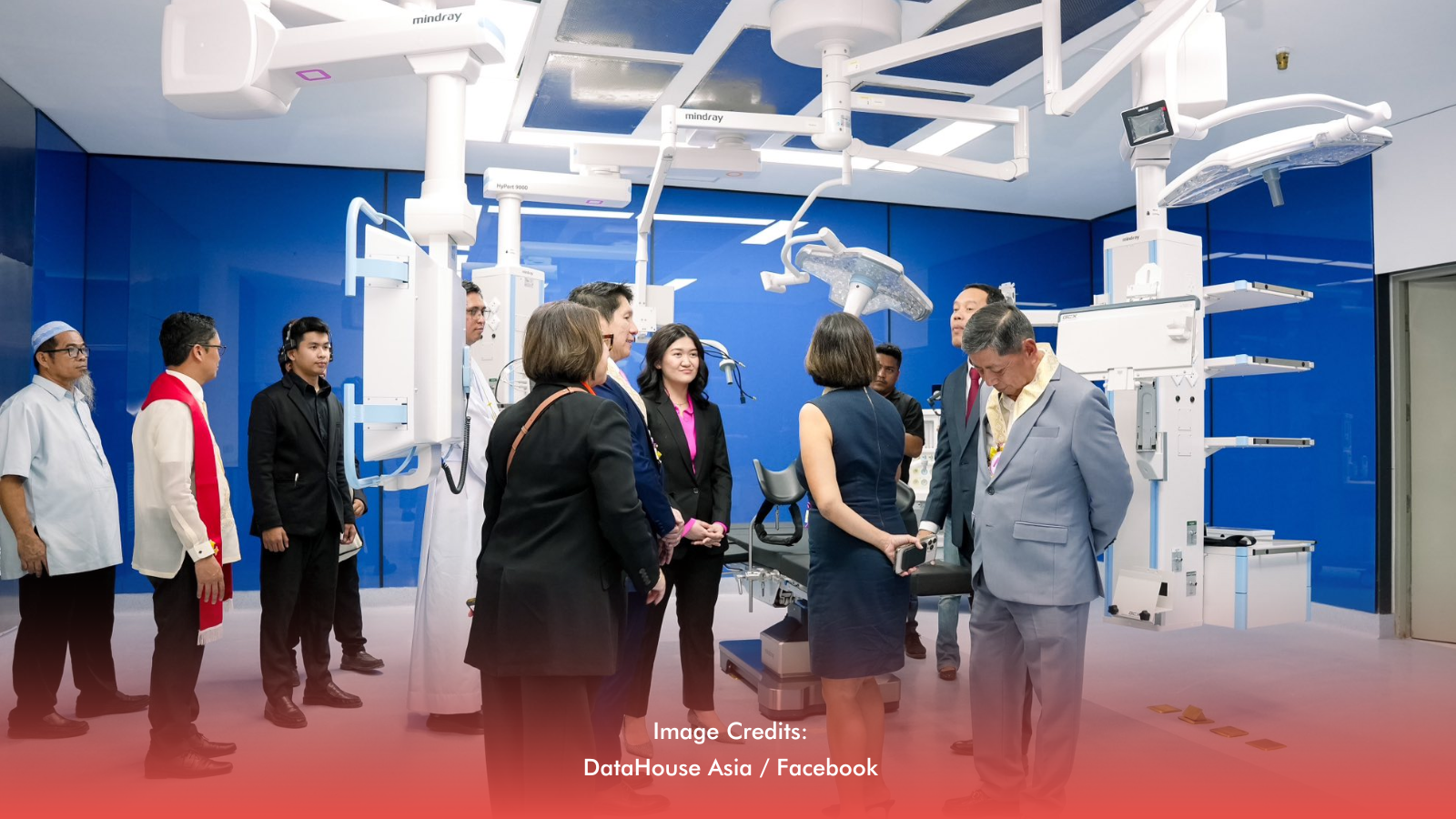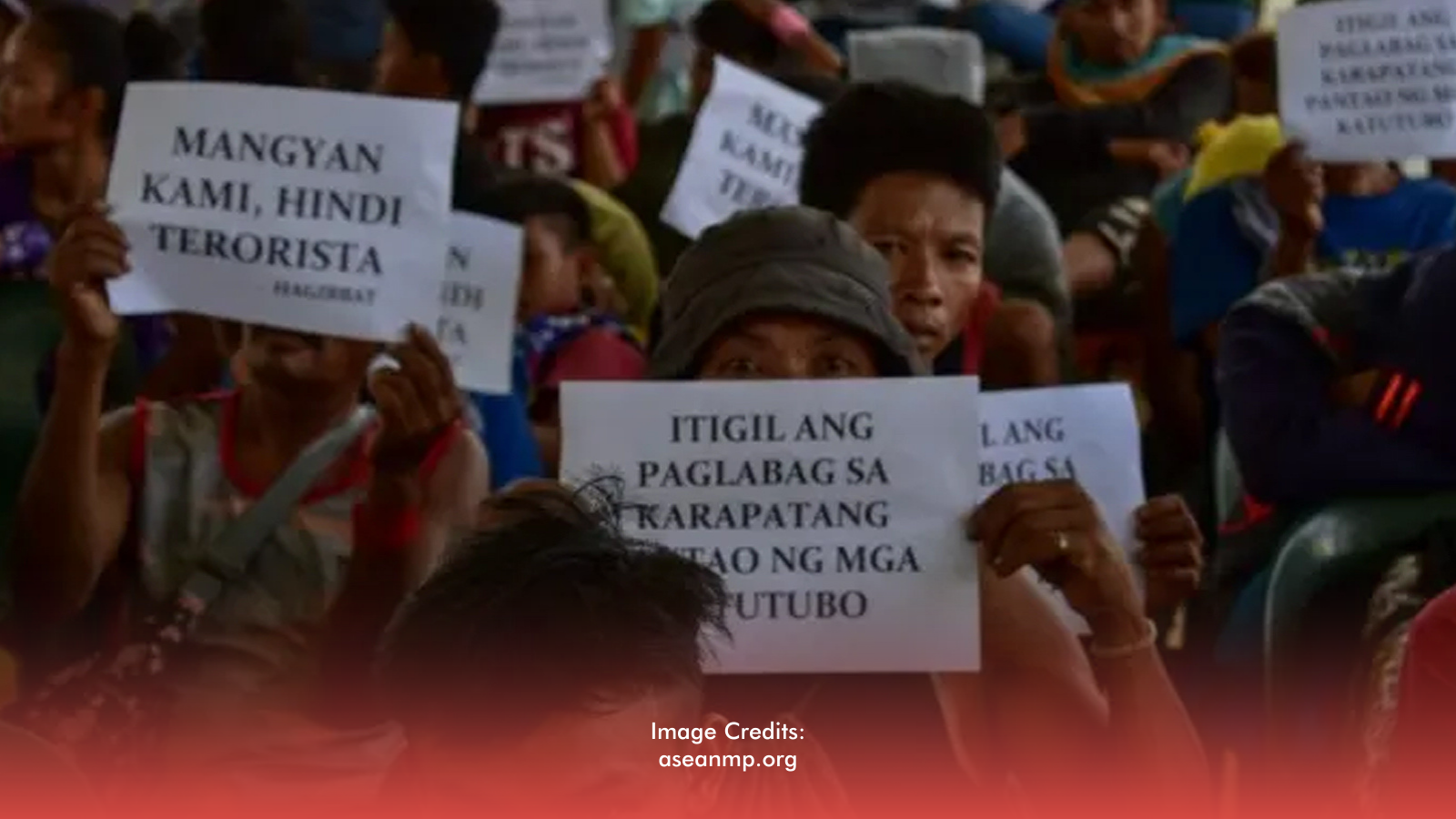Makati City has rolled out the Philippines’ first fully integrated, round-the-clock digital healthcare system. Mayor Abigail “Abby” Binay announced that the initiative provides 24/7 access to teleconsultations, diagnostics, electronic records, medicine delivery, and hospital services—linking all components of its health network into a seamless digital experience.
This service leverages the Virtual Queuing Management System, KonsultaMD telehealth platform, Makati Life Medical Center, and a unified Health Information Management System (HIMS) to ensure patients enjoy continuous, coordinated care anywhere, anytime. The city invested roughly P3.5 billion in digital infrastructure across city-run clinics and facilities to support this pioneering program.
Digital Health Meets Urban Innovation
Under the new system, Makati residents can schedule medical appointments online—even late at night—through the 24/7 virtual queuing system that won a national innovation award. This is coupled with unlimited teleconsultations via KonsultaMD, available round the clock, complemented by e-prescriptions and digital lab requests. Mayor Binay emphasized that while the system is high-tech, human-centered care remains front and center.
The Future of Healthcare
The Makati Life Medical Center—a public-private partnership with Life Nurture Inc.—serves as the hub, offering outpatient services since May 2023 and full hospital operations since April 24, 2025. Equipped with digital diagnostics including an AI-powered PET/CT scanner, mammography, and more, it anchors the city’s e-health system with seamless record sharing and instant access to test results.
Remote services such as house-to-house medicine delivery for seniors and vaccination drives ensure inclusivity. City-issued Yellow Card holders receive free consultations, unlimited lab procedures, dialysis, chemotherapy, and hospitalization, all integrated through the digital network.
Makati’s digital health leap sets a benchmark among local government units, demonstrating how substantial investment—estimated at over P16 billion in healthcare since 2017—combined with innovation can deliver equitable, accessible care. Mayor Binay describes it as “a city where medical care is truly universal, accessible, and excellent.”
Makati’s bold step into 24/7 digital healthcare sets a precedent that other cities and provinces may soon follow. By proving that a fully integrated e-health system is possible at the local government level, Makati paves the way for a more connected, efficient, and inclusive public healthcare model nationwide.








